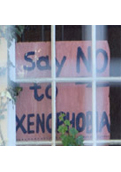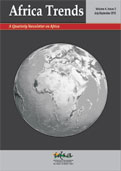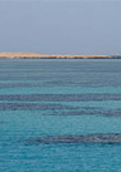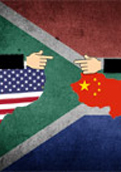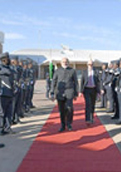Is Xenophobia Gripping South Africa?
The recent spate of violence in South Africa appears to be rooted in the country’s failure to fully transform itself in the post-apartheid era. If the government fails to effectively address the issue of rising unemployment and widening socio-economic inequality in the country, the violence is likely to recur from time to time.
- Anand Kumar
- October 04, 2019


